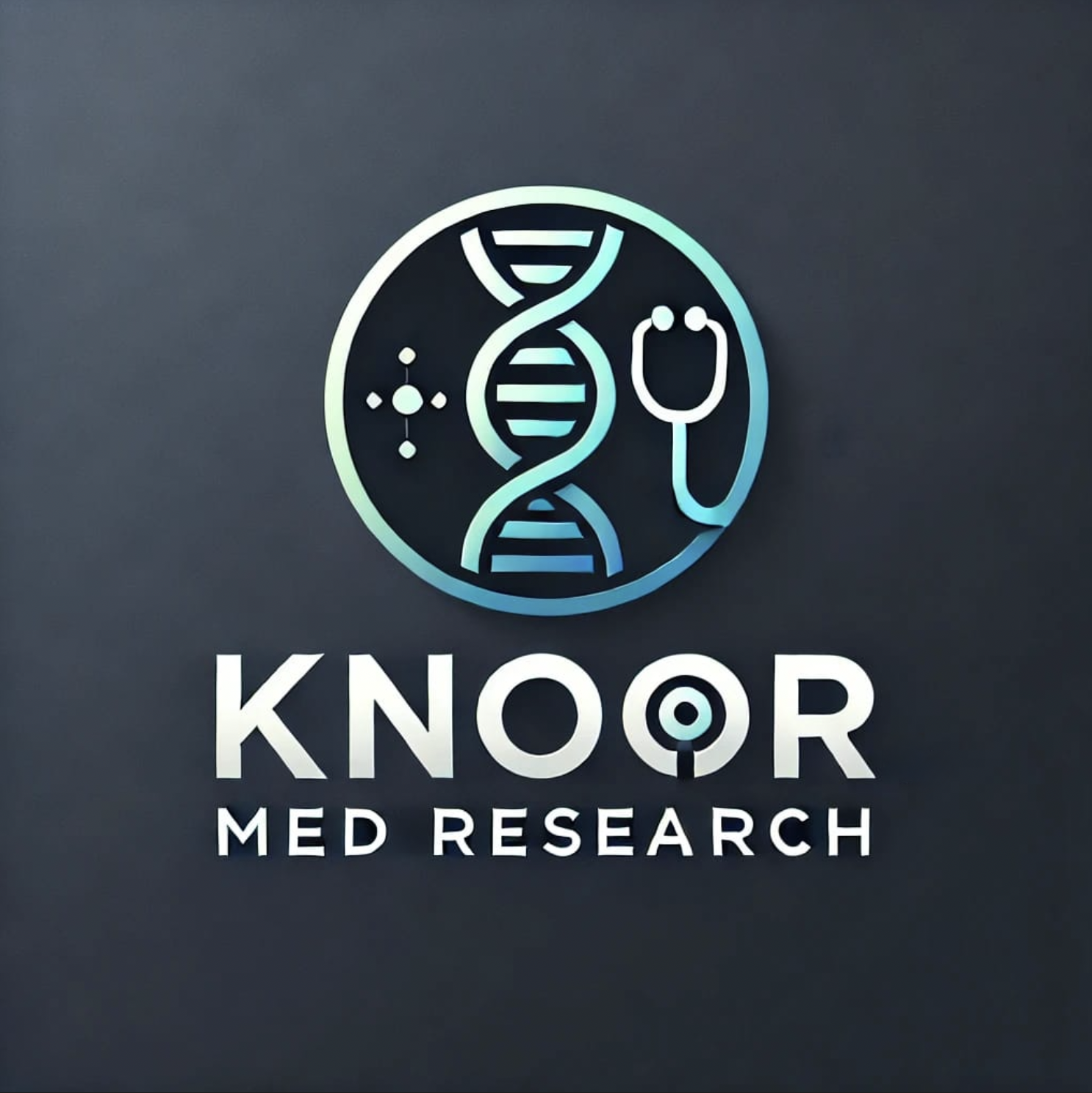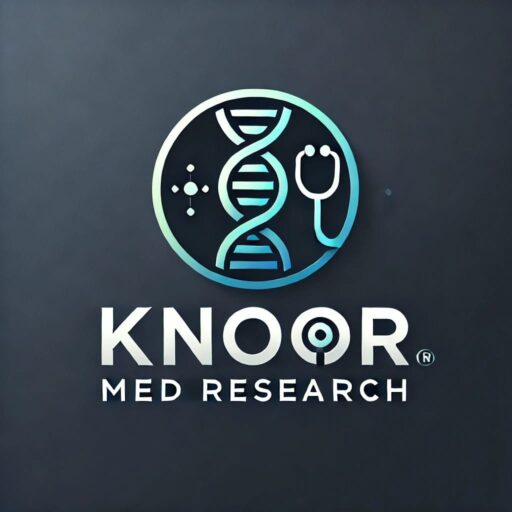
Clinical Research Coordinator with 3+ years managing trials. Skilled in patient recruitment, data management, and compliance, ensuring ethical, accurate studies
As a Clinical Research Coordinator (CRC) for over 3 years, I am dedicated to the smooth, ethical, and efficient operation of clinical studies. My role centers around supporting the clinical research process from planning and participant recruitment to data collection, follow-up, and reporting. With a strong commitment to patient-centered research, I ensure that each study is conducted with the highest standards of care and integrity, prioritizing the safety and wellbeing of all participants.
Key Responsibilities
Study Management: Overseeing the day-to-day operations of clinical trials, ensuring all procedures align with the study protocol, regulatory guidelines, and ethical standards.
Patient Recruitment and Retention: Engaging with patients to inform them of study benefits and risks, gaining informed consent, and providing ongoing support to ensure a positive experience for study participants.
Data Collection and Management: Gathering accurate and reliable data through interviews, assessments, and medical record reviews, and ensuring all data is securely documented and managed.
Coordination with Research Teams: Collaborating closely with principal investigators, study sponsors, and other team members to maintain alignment and effective communication throughout the study.
Regulatory Compliance: Ensuring all aspects of the study adhere to regulatory and ethical standards, including IRB approval, GCP guidelines, and data protection regulations.
Skills and Expertise
My experience as a Clinical Research Coordinator is supported by a solid foundation in clinical practices, data management, and patient care. I bring a unique perspective from my work as a medical officer equipping me with an empathetic, detail-oriented approach that enhances participant experience and data accuracy.
Clinical Knowledge: Extensive background in medical care, with hands-on experience in patient screening, mental health assessment, and patient education.
Data Integrity: Skilled in collecting, recording, and analyzing data, ensuring it is both accurate and secure for valid research findings.
Regulatory Expertise: Comprehensive understanding of regulatory standards and ethical considerations to maintain patient rights and study validity.
Why This Matters
A well-conducted clinical trial contributes to medical advancements, offering new treatments, therapies, and interventions that can transform lives. I am proud to play a part in these efforts by ensuring the trials I coordinate are conducted rigorously and compassionately, with a focus on producing meaningful and reliable results.
Want to Pursue a Career as a Clinical Research Coordinator? Here’s What You Need to Know
Pursuing a Career as a Clinical Research Coordinator: Essentials, Skills, and Certifications.
Becoming a Clinical Research Coordinator (CRC) offers a fulfilling pathway in the medical field, contributing directly to advancements in healthcare. Whether you are new to clinical research or looking to grow in this role, here are the essentials, key certifications, and skills required to excel as a CRC.
Educational Background and Essential Certifications
Starting with a strong foundation, most CRCs hold a degree in life sciences, nursing, pharmacy, public health, or a related field. While some roles accept an associate’s degree or relevant experience, a bachelor’s degree increases career opportunities. In addition, obtaining the following certifications adds credibility and prepares you to meet industry standards:
Good Clinical Practice (GCP) Certification: Recognized globally, this certification is fundamental for CRCs. GCP covers the ethical and regulatory standards for conducting clinical trials, ensuring participant rights and study quality. To pursue GCP training, visit the…
International Air Transport Association (IATA) Certification: Essential for handling biological samples, IATA certification provides training on proper packaging, labeling, and transporting clinical specimens safely and in compliance with regulations. For IATA training, explore the…
Clinical Research Coordinator (CRC) Certification: Available through organizations like the Association of Clinical Research Professionals (ACRP) and the Society of Clinical Research Associates (SOCRA), this certification validates your skills and dedication to the field, often requiring education, experience, and an exam.
Basic Life Support (BLS) and Advanced Cardiovascular Life Support (ACLS): Some trials may require BLS or ACLS certifications, which equip CRCs to respond to emergencies, ensuring participant safety in clinical environments.
Skills for Success
Attention to Detail: Precision in data recording, protocol adherence, and regulatory compliance is critical for the integrity of clinical trials.
Patient Communication: Building rapport and trust with study participants improves recruitment and retention, crucial for study success.
Data Management and IT Proficiency: Familiarity with electronic data capture (EDC) systems, spreadsheets, and clinical trial management software enhances efficiency and accuracy in data handling.
Time Management and Organization: Coordinating study logistics and meeting timelines requires strong organizational skills to balance multiple responsibilities.
Recommended Career Pathway
To establish a successful career as a CRC:
- Obtain a relevant degree (preferably in life sciences or healthcare).
- Complete essential certifications like GCP and IATA.
- Gain experience through internships or entry-level roles in clinical research.
- Pursue CRC certification from ACRP or SOCRA to formalize your expertise.
- Continue professional development by attending workshops, webinars, and conferences with organizations like ACRP, SOCRA, and the NIH Clinical Center.
